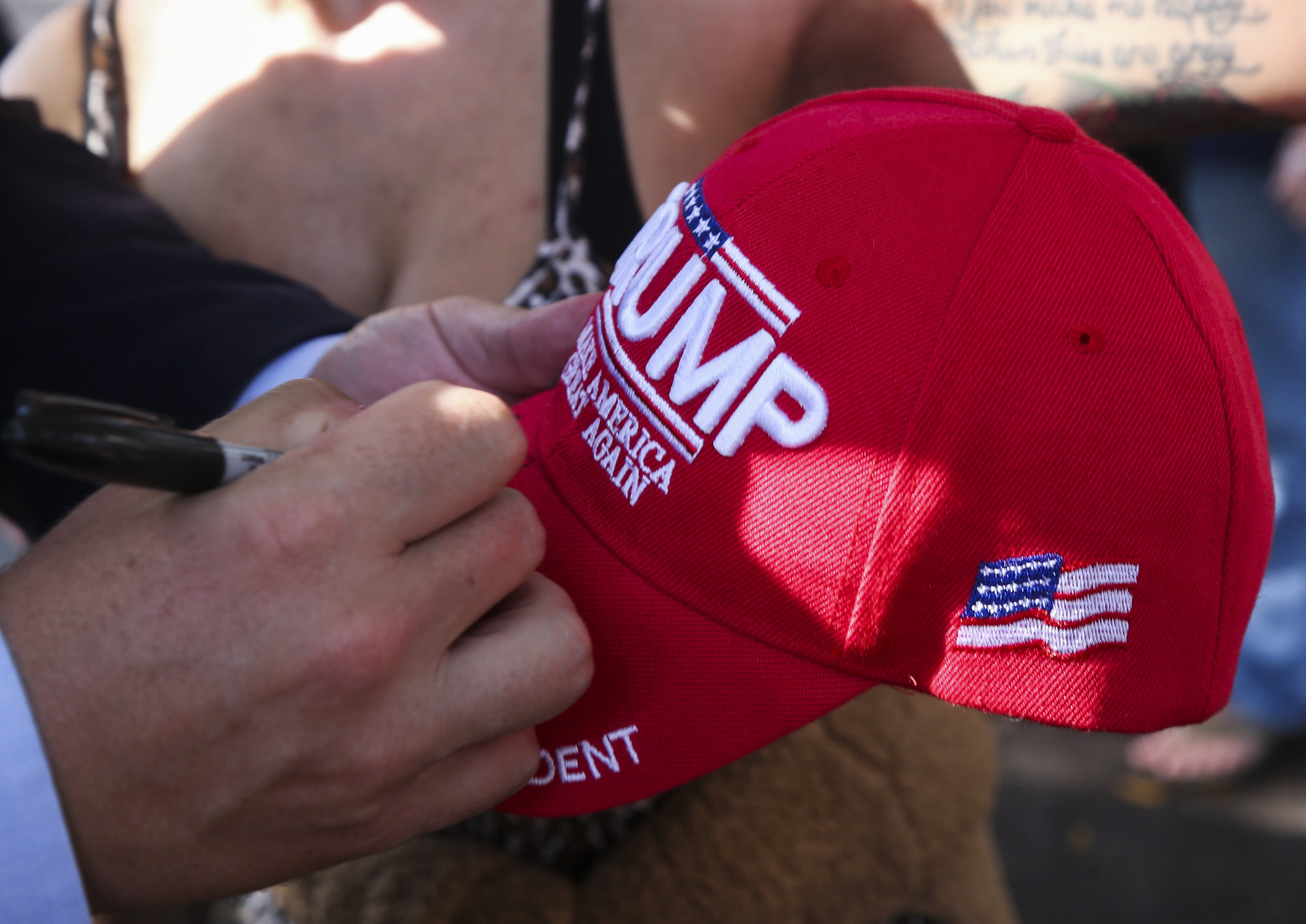
Why China has reason to wish for a Trump presidency in 2024
- Trump’s grip on the Republican Party makes his return to the White House a not-so-far-fetched possibility
- While we could expect China hawks to dominate his team in any comeback, his disdain for allies and military adventures, and penchant for deal-making, will chime with a Beijing hoping to cool tensions
If Trump were to run and win, he would be limited by the constitution to one term. Not having to seek re-election would free him from the political pressures typically haunting first-term presidents. This could also make him even more unconventional than he was in his first term.
In addition, he would be likely to enjoy Republican control of either one or both chambers of Congress, which would give him more power than he had when he left office. When Trump was elected in 2016, Republicans controlled both the Senate and the House but large swathes of the party rejected him.

By January 2025, the pandemic may be under control but the fallout of years of economic carnage, bloated national debt and biting inflation will be felt everywhere. Trump would run on the promise of returning the economic miracle of his first term – “Make America Great Again, Again” – restoring law and order and undoing Biden’s progressive policies.

At the current rate of anti-China legislation initiated by Congress, there will soon be few Chinese companies left to blacklist, few Chinese products to impose tariffs on, and few unrealised ideas left on how to cripple the Belt and Road Initiative and China’s technology ascendance.
By the time Trump entered office, America would have been disabused of the notion that China could somehow be prevented from becoming the world’s largest economy as well as a global leader in some of the most important technologies of the 21st century. If America is to be great again, it can only be so by lifting itself up, rather than pulling China down.
So what would Trump do? On the military front, while investing considerable resources in upgrading US capabilities, particularly in the space, cyber and nuclear domains, Trump would be deeply suspicious of his generals and spy agencies, taking their warnings about China’s aggression with a pinch of salt.
He would be reluctant to be dragged into military adventures in the Indo-Pacific unless America was attacked first. He would maintain strategic ambiguity about US commitment to defend Taiwan if attacked.
Trump has no illusions about Taiwan. “We are 8,000 miles away. If they invade, there isn’t a f****ing thing we can do about it,” he reportedly said in 2019. Asked what he might do, he would resort to his favourite answer: “We’ll see what happens.”
He would also revive his US “energy dominance” doctrine that emphasises the expansion of US energy exports to, among other places, China.
Finally, he would be much more eager than Biden to engage with President Xi Jinping on a personal level. In a December interview, Trump said: “I really believe he liked me, I like him.” Such a personal touch is very much needed to calm things down.
If Trump could this, he would be one of America’s most consequential presidents.
Gal Luft is co-director of the Institute for the Analysis of Global Security

